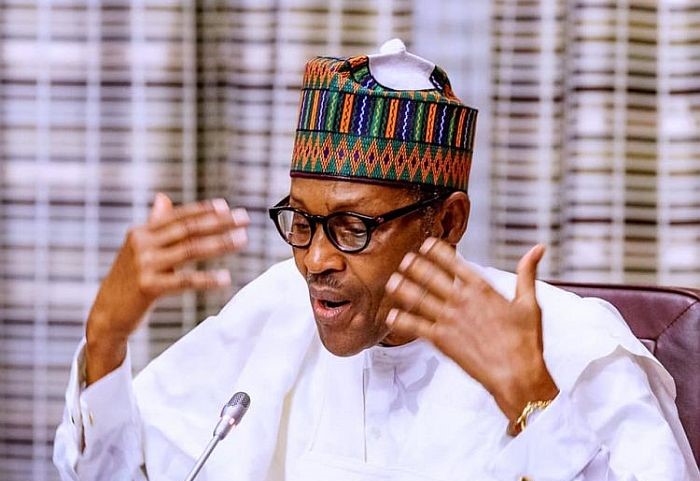President Muhammadu Buhari has disclosed that Nigeria lost $50 billion worth of investments in the past 10 years due to uncertainty created by the non-passage of the Petroleum Industry Bill (PIB).
This was disclosed by Buhari in his address on the Petroleum Industry Act (PIA), on Wednesday.
Buhari expressed optimism that the development would help the country attract investments across the oil and gas value chain.
According to Buhari, his assention to PIB on August 16 marked the end of decades of uncertainity and under-investment in the petroleum industry.
He noted that despite Nigeria’s dependence on oil resources, the country runs a petroleum industry by laws enacted over 50 years ago such as the principal legislation; the Petroleum Act of 1969 and other obsolete legislations.
“We are all aware that past administrations have identified the need to further align the industry for global competitiveness, but there was a lack of political will to actualise this needed transformation,” the president said.
“This lack of progress has stagnated the growth of the industry and the prosperity of our economy. In the past 10 years, Nigeria has lost an estimated $50bn worth of investments due to uncertainty created by the non-passage of the PIB.
“This administration believes that the timely passage of the Petroleum Industry Bill will help our country attract investments across the oil and gas value chain.
“In view of the value our nation and investors will derive from a stable fiscal framework for the oil and gas industry, our administration has found it necessary to work with the two chambers of the National Assembly to ensure the passage of the PIB.’’
The PIA provides for a deliberate end to gas flaring which would facilitate the attainment of Nigeria’s nationally determined contributions of the Paris agreement through a funding mechanism to support an end to gas flaring in host communities, Buhari said.
“Similarly, it acknowledges global energy transition and made necessary provisions for NNPC to invest in renewable energy,” he added.
